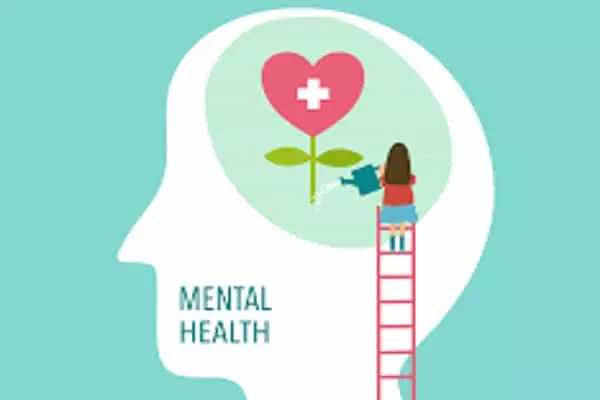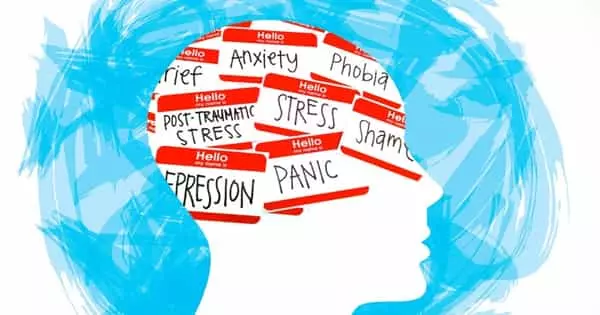According to a new University of Calgary study published in the medical journal JAMA Pediatrics, an alarming percentage of children and adolescents are experiencing a global mental crisis as a result of the COVID-19 pandemic. The UCalgary study is a meta-analysis that combines data from 29 different studies from around the world, including 80,879 youth worldwide. According to the new findings, depression and anxiety symptoms in children and adolescents have more than doubled since the pandemic.
“Estimates show that one in every four youth worldwide has clinically elevated depression symptoms, and one in every five has clinically elevated anxiety symptoms,” says Dr. Nicole Racine, PhD, a postdoctoral associate, clinical psychologist, and lead author of the paper. Worryingly, these symptoms are worsening over time.
The UCalgary study, which included 16 studies from East Asia, four from Europe, six from North America, two from Central and South America, and one from the Middle East, also revealed that older adolescents and girls had the highest levels of depression and anxiety.
An alarming percentage of children and adolescents are experiencing a global-wide mental crisis due to the COVID-19 pandemic according to a new study.
“We know from other studies that rates of depression and anxiety in youth ebb and flow with restrictions,” says Dr. Sheri Madigan, PhD, a UCalgary clinical psychologist and Canada Research Chair in Determinants of Child Development and co-author of the paper. “Rates rise as more restrictions are imposed. Being socially isolated, separated from their friends, school routines, and social interactions has proven to be extremely difficult for children.”
She continues, “When COVID-19 began, most people expected it to be difficult at first, but that children would improve as they adjusted and returned to school. However, as the pandemic lasted, many life milestones were missed by the youth. It lasted for well over a year, which is a long time in the life of a young person.”
That loss had a particularly strong impact on many adolescents. “Once you reach adolescence, you begin to distinguish yourself from your family members, and your peers can actually become your most important source of social support,” Racine says. “During the pandemic, that support was greatly reduced, and in some cases completely absent.”

Graduations, sporting events, and various coming-of-age activities have all been missed by older teens in particular. “These kids had no idea that when they graduated, they’d never get to say goodbye to their school, teachers, or friends, and now they’re moving on to something new, with no closure,” Racine says. “There is a grieving process involved in that.”
As more people get vaccinated and the pandemic appears to be coming to an end, the question of how our children and adolescents will fare arises. Will they recover from this traumatic experience, or will the mental health consequences linger?
“At this point, we don’t know the answer,” Racine says. “I believe that for the majority of children who have had elevated mental health symptoms, some of that will resolve. However, there will be a subset of children for whom this is not the case. This pandemic may have been a catalyst for them, setting them on a potentially difficult path. Another group of children had mental health issues prior to the pandemic. They may face serious difficulties in the long run.”
For the time being, however, elevated mental health symptoms in youth are on the rise, and this is a problem that should not be underestimated, according to Madigan. “We’re still seeing the pandemic’s compounding effects,” she says. “It’s confusing for kids because they can’t predict what their environment will be like, and we know that when their world lacks predictability and controllability, their mental health suffers.”
According to the UCalgary study, more mental health supports should be put in place to assist children and adolescents in this time of need. “Long before the pandemic, we had a youth mental health system that was overburdened and underfunded,” Racine says. “Without a significant increase in resources, a potential doubling of mental health difficulties will overwhelm that system.”
Madigan concurs, adding: “We must prioritize recovery planning now if we are to mitigate the long-term mental health effects of COVID-19 as a result of the chronic stressors our youth experienced. Not when the pandemic is over, but right now. Because children are currently in crisis.”















